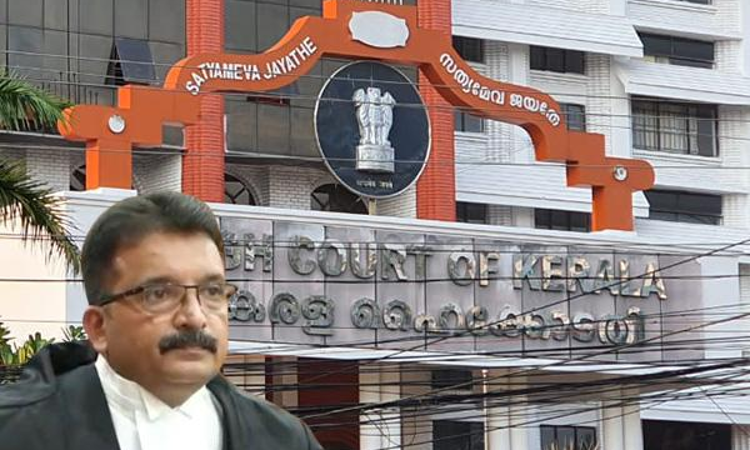Taking DNA Samples Of Rape Accused Does Not Violate His Constitutional Right Against Self-Incrimination: Kerala High Court
Navya Benny
1 Nov 2022 7:17 PM IST

Next Story
1 Nov 2022 7:17 PM IST
The Kerala High Court on Friday ruled that the protection guaranteed under Article 20(3) of the Constitution of India does not extend to protecting an accused from being compelled to give his blood sample during the investigation of a criminal case. Justice Kauser Edappagath said the privilege of Article 20(3) is applicable only to testimonial evidence and drawing DNA samples from the body of...
